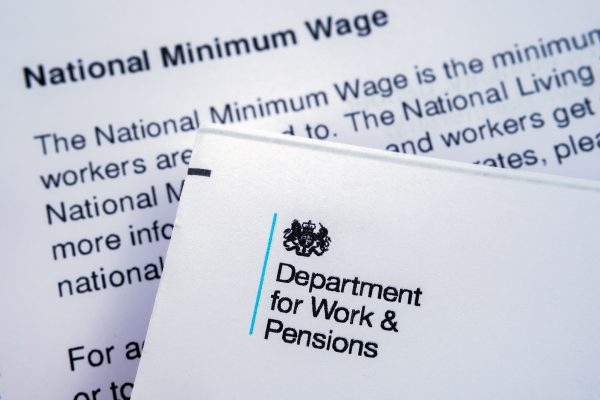It is, of course, well known that religion or belief is a protected characteristic under the Equality Act 2010.
Belief means any religious or philosophical belief and includes a lack of belief. Religious belief’ goes beyond beliefs about and adherence to a religion or its central articles of faith and may vary from person to person within the same religion.
A belief which is not a religious belief may be a philosophical belief. Examples of philosophical beliefs include Humanism and Atheism. A belief need not include faith or worship, but must affect how a person lives their life or perceives the world.
An interesting aspect of the concept of belief was recently put to judicial scrutiny at the Employment Appeal Tribunal in Gray v Mulberry Company (Design) Ltd.
Ms Gray claimed she was indirectly discriminated on grounds of her belief. Ms Gray works for Mulberry as a handbag designer. Ms Gray refused to sign a copyright agreement which would confer on the company intellectual property rights in respect of any work she would carry out in relation to Mulberry’s business. Ms Gray protested as she was passionate that individuals should own and profit from their work, suggesting it was a “spiritual practice” of identity and human rights. Ms Gray was then dismissed and claimed discrimination on the grounds of her belief.
The claimant conceded that she held her belief in private. The Employment Appeal Tribunal was satisfied she did nothing to express her belief and in consequence her belief was not capable of being protected under the Equality Act 2010. The Tribunal went further and stated the dismissal was due to Ms Gray’s refusal to sign the agreement, not because of her belief, and hence she could not be directly discriminated because other belief. In considering indirect discrimination, the Tribunal found that the requirement to sign the copyright agreement was proportionate means to protect the employer’s legitimate interest.

We’re here to ensure all used car dealerships deliver a better car finance experience for their customers. With over 4,000 approved dealer partners we ensure you are properly supported and connected with a range of flexible finance options, allowing you to lend and your customers to buy in complete confidence.








